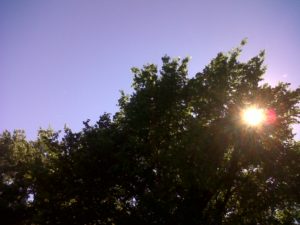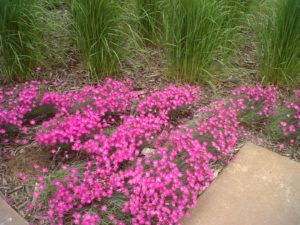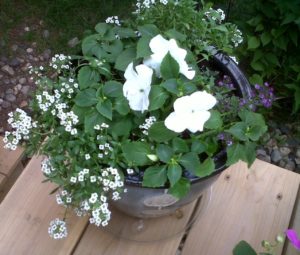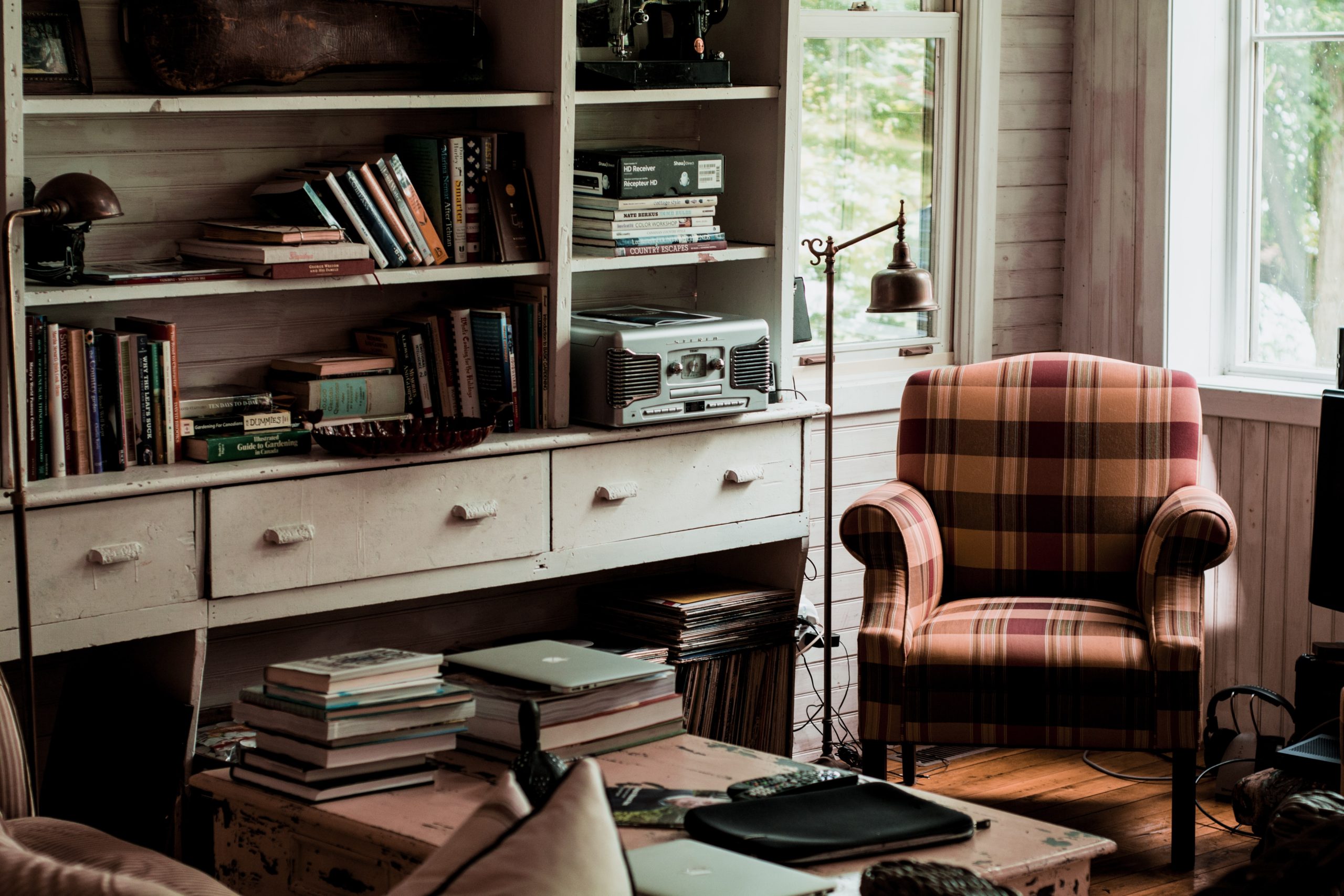“It is of the nature of desire not to be satisfied, and most men live only for the gratification of it.”
― Aristotle, Politics
Why do so many people seem to be looking for a new and inspiring personal vision?
Is it the endless trauma we witness on television, or simply a nameless feeling of constant frustration about the state of the world?
What is your world view? Does it seem feasible, within reach, or largely a pipe dream?
We all answer such questions in our own way. More important, perhaps, is how we pose the questions or grapple with their complexities within a context that can never be fully known or understood. The degree of uncertainty built into such questions can be intimidating, right? So maybe we simply avoid them in the first place. After all, don’t the “experts” handle stuff like this? Can’t we just rely on what we read or watch or hear to get by … complaining as we go?

Recently, I read a 2016 memoir by J.D. Vance called Hillbilly Elegy: A Family and a Culture in Crisis. Vance grew up in the Rust Belt city of Middletown, Ohio, and the Appalachian town of Jackson, Kentucky. He spent four years in the Marine Corps after high school and served in Iraq. A graduate of the Ohio State University and Yale Law School, he has contributed to the National Review and The New York Times and has appeared on Fox News, CNN, MSNBC, and CNBC. Currently, Vance works as a principal at a leading Silicon Valley investment firm and lives in San Francisco with his wife and two dogs, Casper and Pippin.
“The statistics tell you that kids like me face a grim future—that if they’re lucky, they’ll manage to avoid welfare; and if they’re unlucky, they’ll die of a heroin overdose, as happened to dozens in my small hometown just last year.”
― J.D. Vance, Hillbilly Elegy: A Memoir of a Family and Culture in Crisis
I read this book for a variety of reasons, but since I tend to look at life through a sociological and spiritual lens, I was curious as to the author’s “world view.” As he relayed his childhood experiences as a “hillbilly,” I could see how his perspective on life was being formed, and how it evolved over time. Clearly, he grew up with a variety of influences, but along the way he learned to question those ideals and seemed unusually persistent about generating his own opinion. That took courage and a belief in his intuition instead of simply absorbing the dynamics around him. Had Vance been a conformist, I’m guessing his life would have turned out in largely predictable ways.
Of course,”world view” in this case implies something other than the world, per se.

“We felt trapped in two seemingly unwinnable wars, in which a disproportionate share of the fighters came from our neighborhood, and in an economy that failed to deliver the most basic promise of the American Dream—a steady wage.”
― J.D. Vance, Hillbilly Elegy: A Memoir of a Family and Culture in Crisis
And, yes, a world view developed in childhood may stand up to honest and genuine scrutiny but, perhaps not. We can’t know what we don’t want to know; we can’t understand what we are unwilling to learn more about. Clearly, we can’t evolve as human beings if we fail to see our childhood conditioning for what it was. Becoming a responsible adult requires us to look, really look, at our personal beliefs and assumptions with a deeper awareness for the world around us. As I wrote in my memoir, The Silence of Morning: A Memoir of Time Undone, “We don’t know what we need to know until we know it; we don’t know what is missing until we find it. And we think we are fully here (not in the past, not in the future) when we aren’t even nearby.”
Admittedly, there does seem to be an inordinate amount of strife and angst in the world these days, but realistically, this can’t change until we change. Stories of old must be challenged for their veracity and suitability given the context called “today.” If your world view hasn’t been updated in a long long time, why not take another look? Perhaps, a deeper look, in fact. Surface perceptions are often stale, fickle, and useless. See what you can discover by staying open to what you don’t know; find the courage to dig deeper for understanding, solace, and wisdom. It’s convenient to spew out the same-old, same-old day after day. Somewhere within though we know when we are using the past as a crutch and not allowing our inner vision to grow and expand. Questioning what we always thought was “true” can open many doors; it can help to usher in a “new vision.” One more in keeping with the person you’ve become along the way.
There isn’t too much we can do about the world stage, after all. But there is plenty we can do within our own “worlds” to create a more harmonious country and planet. The effort required is real, however. Clinging to what we “know” or to what everyone else seems to know is the path of least resistance, no doubt. I was never happy with that orientation though. I wanted my own answers. The kind I had to work for, struggle to see and understand. It seemed like my obligation as a human being with the audacity to even think about the world and its many troubling issues. If we can’t find the heart to challenge our own opinions, how can we ever hope to “see” what is merely invisible to us? This process can be very rewarding. It might feel like an “awakening” or personal liberation; from a practical stance, this kind of meaningful update in our own line of thinking can also help to create the kind of world you think we should be able to experience and depend on. After all, we are “this moment” … and we are capable of so much more. Don’t you agree? ~

“It is sadder to find the past again and find it inadequate to the present than it is to have it elude you and remain forever a harmonious conception of memory.”
― F. Scott Fitzgerald
Thanks for stopping by this sunny space for kindred spirits.
See you again in a few weeks.
Blog by SunnyRoomStudio: all rights reserved.
